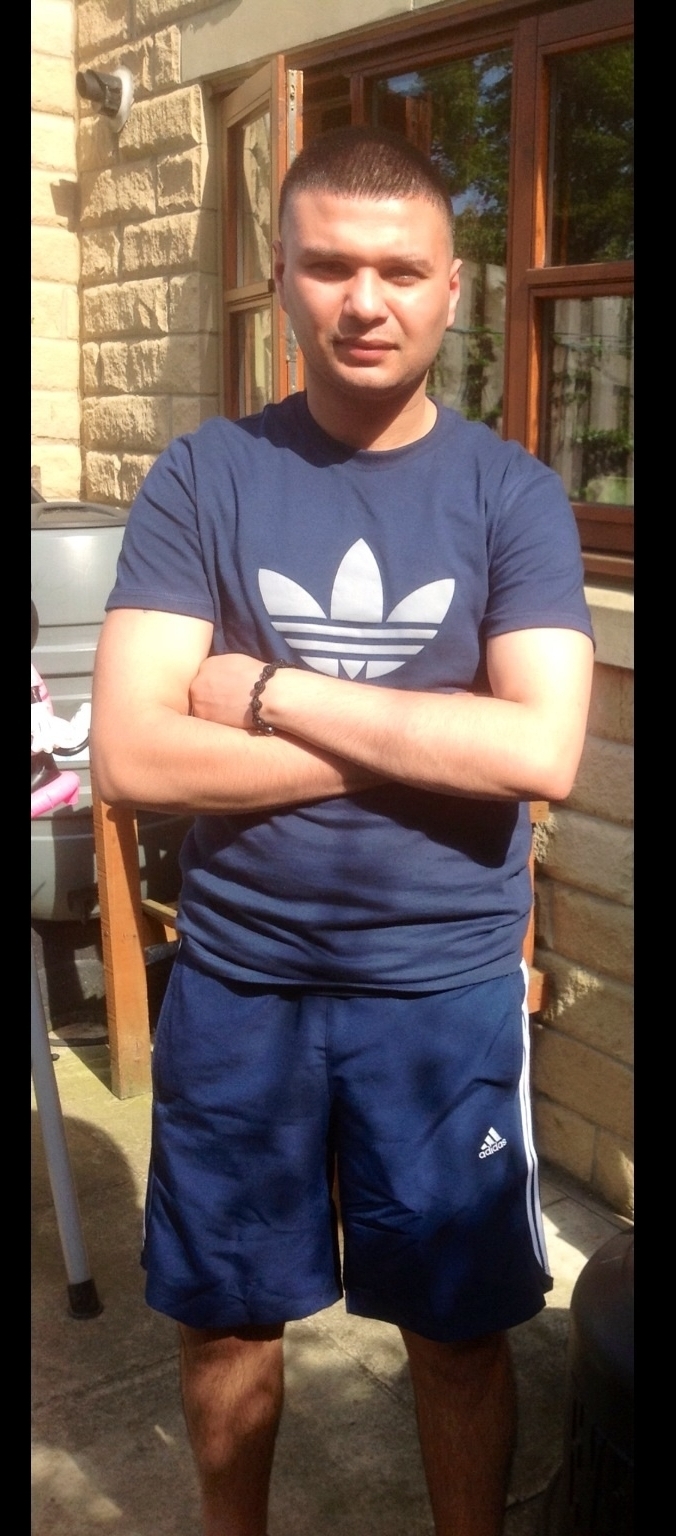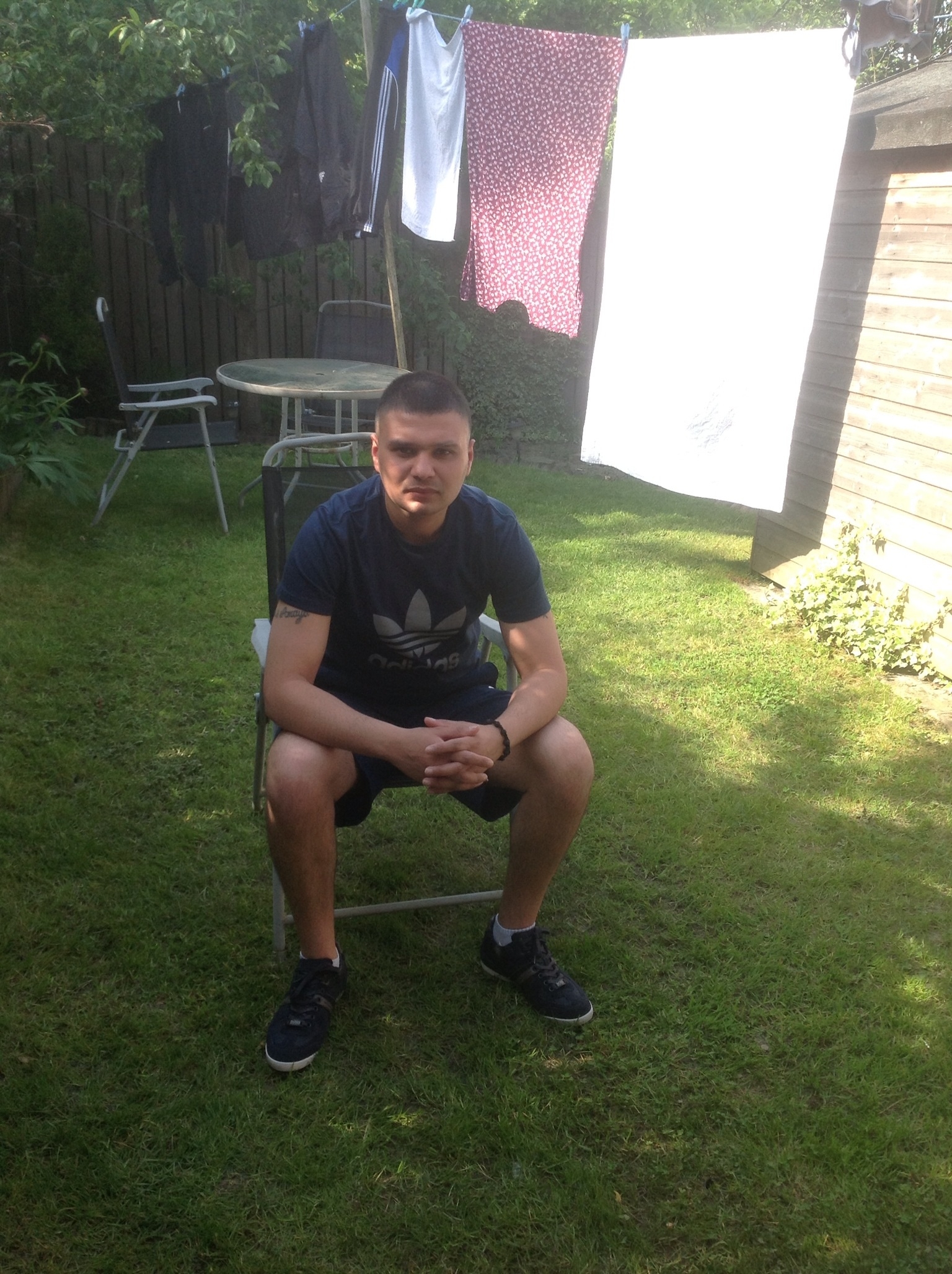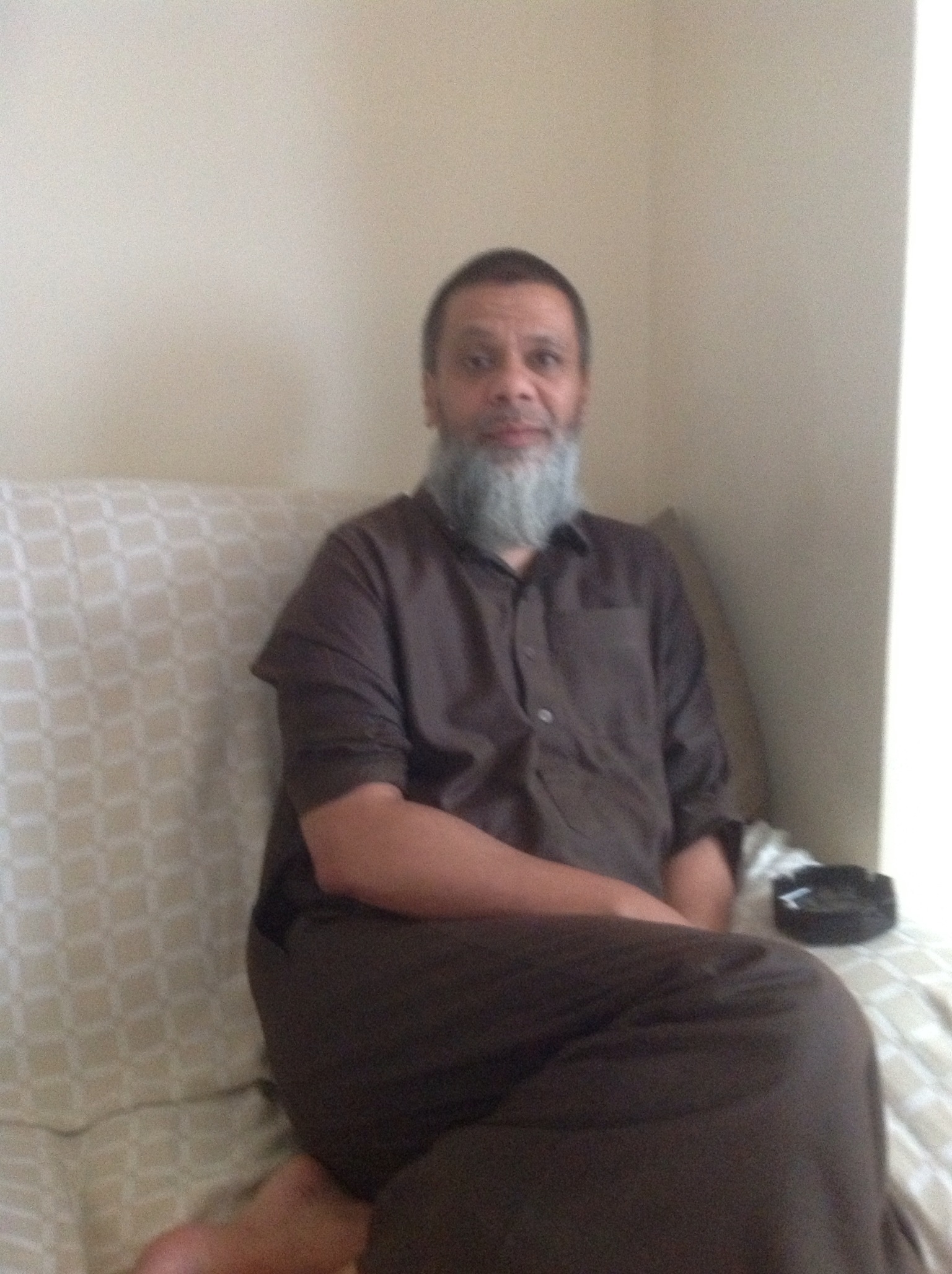Hi, this my piece of writing I would like readers to appreciate, Its about the travels and experiences an individual venture through in life trying to make it a better one. I hope that an insight to my autobiography will be of a good read.
The way it came about getting citizenship of Malawi was that my elders had emigrated. This was to avoid friction and conflict over boarders of what is nowadays Pakistan, and Bangladesh.. It had been around the date 1935.
My grandad had settled first in Malawi and had made the journey on all on his own, how he found housing is a mystery because he had never said. Some six years later he had set up the arrival of my dad his first born, he was nineteen, later to arrive another nine years later was my grandma and my aunt, his second child, who was seventeen. It was fifteen years before he reunited with all his family in 1950. What I else I know of my grandad was that he married my grandma whilst she was carrying another man's child from a separate marriage to someone from the Sidat family.She was thirteen.
My grandad was a young man, at the time he had emigrated in1935, only thirty one years of age. The practice of the elders, those that left for Malawi was to reside with the native women once the had got there and my grandad had, had done as well. What I find hard to contend with is how had he parted with this woman once "my grandma" had arrived.
What I know of my grandma is that she was wasn't Gujerati she was South African.. She had been left in India by Mr Sidat who had brought her from South Africa and then had gone back. She was from mixed race and born in the town Kimbali in South Africa. What is noteworthy of that town is that it's predominately made up of Cape Coloureds ( mixed race. ) My guess is that she was a mix of White Black and Malai. Three different race. Which would then make my father of four race, his dad being Indian Gujerati. My theory that I have concluded is from her description, she had fine thight curled hair, the physic of a black person, but very fair completion. Her son grandson from Sidat side has blue eyes and again very fair skin. Which is not like the child's parents, they are the opposite if you saw them.
This conflict of the Second World War was in effect later leading to the partition of India which then form Pakistan and Bangladesh in 1947, It's clear to see from this that, that why my grandad had moved. India was a British Colony then and had improved travel in India by means of railway and motor cars. The British occupancy had ended in 1947 leaving India with Presidant Ghandi as head of state. I was born in 1963, My mother's side Meccan ! descent and from her side having family connections in India, South Africa , Bukhar of Russia and Saudi Arabia.
Malawi is a beautiful country like paradise and very resorceful. It was also a British Colony (1890-1963.) The main staple diet is sima ( corn ) and you'd often see the indiginous women in vibrant coloured dress, similar to Shalwar Khamise and a matching turban like head dress.They'd mill the corn using a large motar and pestle made out stone and timber. They would be singing African ryhmes whilst thumping the corn in a standing position pulling on the timber pestle, It must have been very harmonious to look at. !The main industry was textile having it exported whilst the Fish,Tabacco,Vegatable and fruit Industry was its own.
The Maravi people in which the country get its name,is made up of it's own and those of Zambia, Zimbabwe, and Mozambique.They are carnivors as a nation and in the festival of Ramadan you'd see them going round in a circle hymning, He is pure, all praises are to Him, He is only one, He is great. ! thier practice of slaughtering animals which unlike ours was to first dig a hole in the ground and lay down a white cotton sheet beside the hole. The live stock would then be put on the sheet and slaughtered in the halal manner. After cutting the flesh off the carcuss both it and the sheet would be buried in that hole.The festival would last for a month using the sighting of the new moon to determine the end of it. The Maravi people would prepare food consisting of sima and stew ready for dusk ending that days festival with a congregation meal where as Indians we would end the festival having chapati with our stew. It was a wonderful atmosphere I was told.
The irony of this emigration was that in order to settle for a peacefull life in a different country you'd find that even there there was friction and conflict. Every Christmas you'd here a Christian being killed. Then new laws were brought out affecting your civil liberty.
There was the chance to move yet again to England, so in1963 preparation were being made to emigrate. We left for England in May1964 leaving behind only good memories of ours and good memories of us of theirs. From the servants we had in Malawi out of which Rennard is the only one I remember being mentioned " oh yes and there was Naplate the maid" too . What will be remembered by them of my mother Sakina Musa Hassan Chunara ( 1933-1988,) Bulbullia Nala Hassan being her maidan name is that she had planted as you would say a small orchid not so large as to market, but a fair size to serve its purpose. Aisha Musa Chunara Patel ( 1933, ) my aunt, who I have mentioned was only good for starting my uncle Ahmad Patel's ( 1927-2009, ) car the whole time she had lived there , they moved aswell. Ahmad Musa Barbara Chunara ( 1922-2001,) my father, over in Malawi known as Bana Camblata In Chiyanja (native language), for metal coragated roof. He had a shop in the rural suburbs over there you see. How he had made the move was that he had purchased a house threw writing to Uncle Hajee who after making his mark as it is typical of them, he had bought one for him. £ 600 sterling it cost him. My father being one of the wealthiest notables while in Malawi spent two years with us in England before having to go back to settle his business. I can say my dad not only helped the economy of Malawi but also helped in charity. the two other main land mark left by my father are the graves of my grand parents, Fatima Musa Sidat Chunara (1907-1962,)and Musa Barbar Chunara (1904-1962.) A remarkable factor is that my grandma died an exact forty days after my grandad making the two graves side by side.
Nadir Chunara.

 Mohammad Chunara
Mohammad Chunara 
 Mohammad Chunara
Mohammad Chunara 
 Mohammad Chunara
Mohammad Chunara 